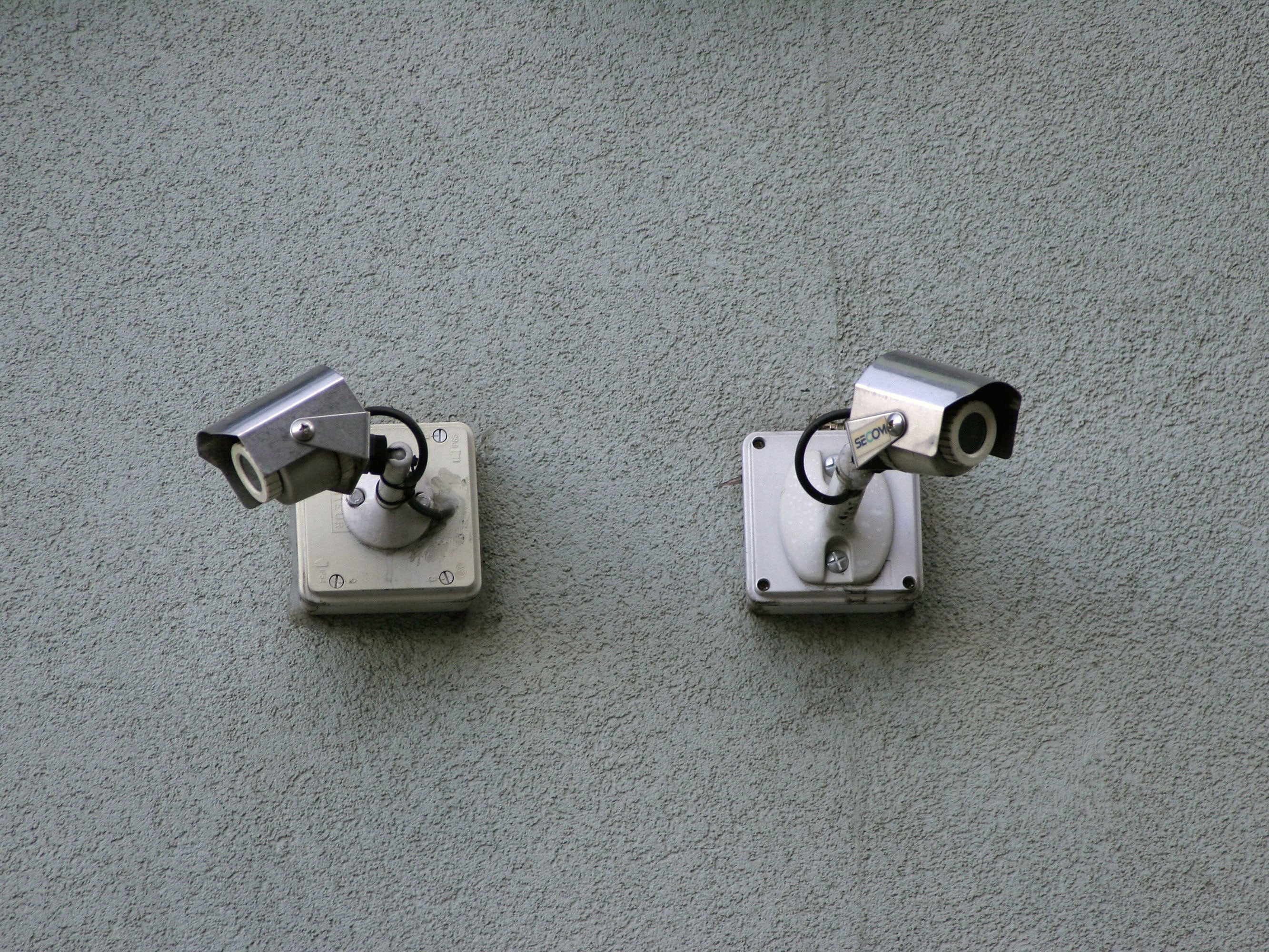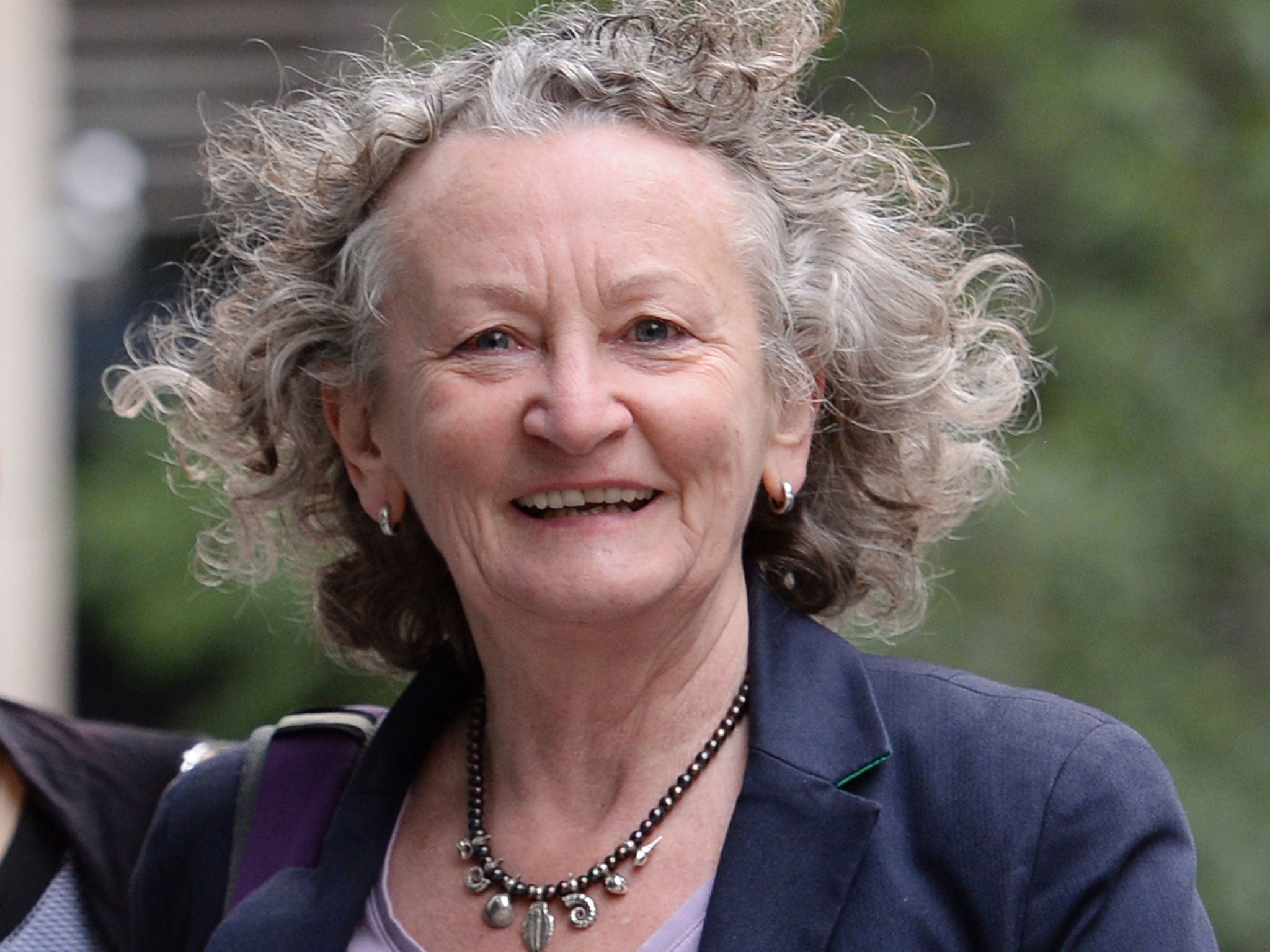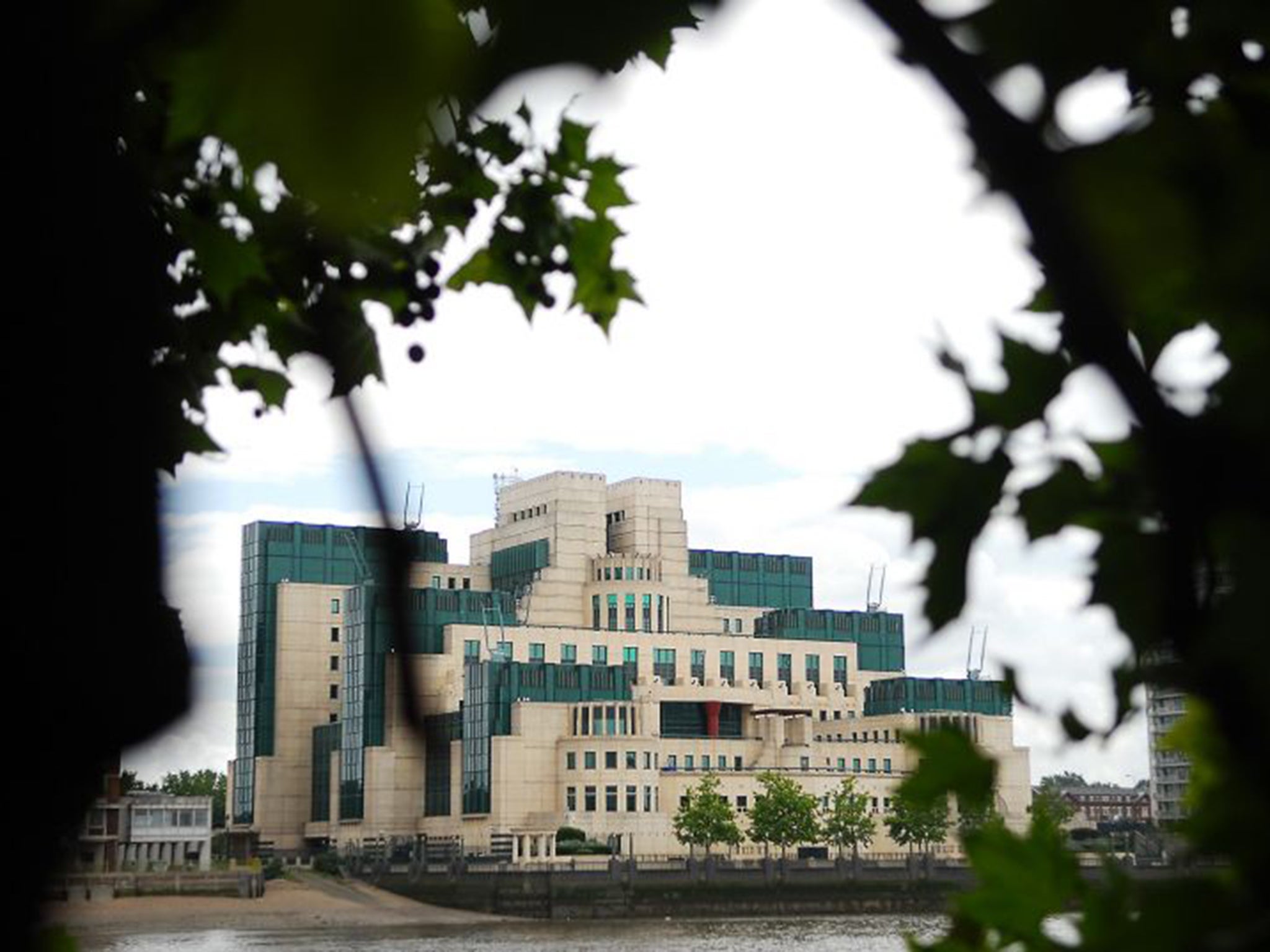British intelligence service spying on MPs in defiance of laws prohibiting it
Green Party politicians and George Galloway claim they were under surveillance

Your support helps us to tell the story
From reproductive rights to climate change to Big Tech, The Independent is on the ground when the story is developing. Whether it's investigating the financials of Elon Musk's pro-Trump PAC or producing our latest documentary, 'The A Word', which shines a light on the American women fighting for reproductive rights, we know how important it is to parse out the facts from the messaging.
At such a critical moment in US history, we need reporters on the ground. Your donation allows us to keep sending journalists to speak to both sides of the story.
The Independent is trusted by Americans across the entire political spectrum. And unlike many other quality news outlets, we choose not to lock Americans out of our reporting and analysis with paywalls. We believe quality journalism should be available to everyone, paid for by those who can afford it.
Your support makes all the difference.British intelligence agencies have been spying on MPs and peers in contravention of a decades-old convention prohibiting surveillance of politicians’ communications, a tribunal has heard.
Hitherto-secret MI5, MI6 and GCHQ documents revealed in court that the agencies amended internal policies on surveillance of parliamentarians eight times in the past 12 months. The updated internal rules fail to comply with a 50-year-old political convention, known as the Wilson doctrine, which states that no parliamentarian’s telephone can be tapped unless there is a major national emergency and that changes to the policy will be reported to Parliament by the Prime Minister.
Green Party politicians Caroline Lucas MP and Baroness Jones of Moulsecoomb, together with former Respect MP George Galloway, brought the legal action following CIA whistleblower Edward Snowden’s revelations about surveillance and the collection of metadata. The trio believes it is likely their communications were intercepted.

Their case, contested by the intelligence agencies, is being fought in a rare public hearing before the Investigatory Powers Tribunal, although some parts of the Government’s defence will be kept secret. The IPT panel is being asked to confirm that the Wilson doctrine has force in law.
Ben Jaffey, representing the Green party politicians, said the case was about what safeguards were required before members of the legislature were subject to intercept or surveillance. He said MPs need to communicate privately with their constituents and potential whistleblowers.
The tribunal heard that officers from the three spy agencies have operated under eight different policies concerning interception of parliamentarians’ communications in the last 12 months alone. GCHQ introduced a policy in March this year that did not require approval by the Prime Minister, or any Minister, before deliberately targeting the communications of a parliamentarian. The policy was then revised in June.
Mr Jaffey said: “All protection for communications data and devolved legislators has been removed.”
In February 2008 the then-Foreign Secretary David Miliband approved a change in MI6 policy that “misstated” the Wilson doctrine in three ways, Mr Jaffey said, including that MI6 may continue to intercept or carry out surveillance even where the purpose is to discover further information about a Parliamentarian.

The new MI6 policy from February 2015 states the Wilson doctrine “does not prohibit the interception of Parliamentarians’ communications”. However, the Home Secretary, Theresa May, told Parliament last year in a debate on the Data Retention and Investigatory Powers Bill that the doctrine “obviously applies to Parliamentarians”, barring exceptional circumstances.
Mr Jaffey said: “The difference in emphasis between the statements made in Parliament and hitherto-secret internal guidance is notable… The material now disclosed is not sensitive. It should not have been kept secret. It shows that the Wilson doctrine has been operated in secret differently from the assurances given to Parliament about interception of Parliamentarians.”
Ms Lucas, speaking before the hearing, said: “Parliamentarians must be a trusted source for whistleblowers and those wishing to challenge the actions of the government.”
The tribunal, chaired by Mr Justice Burton, is expected to reserve its decision at the end of the two-day hearing.